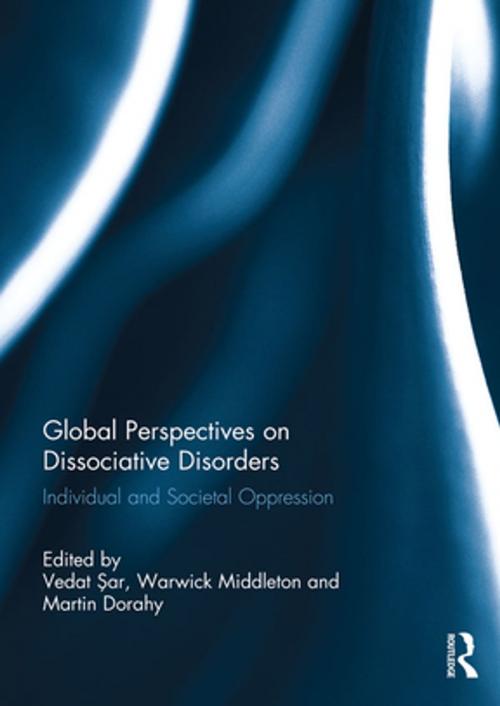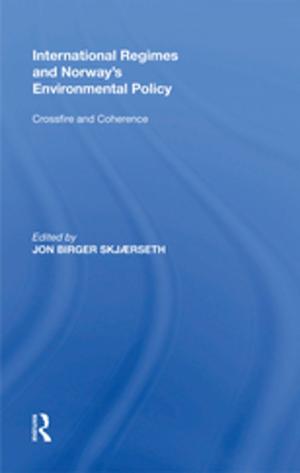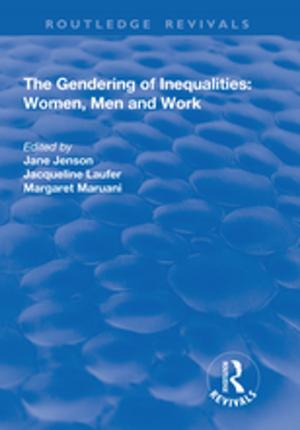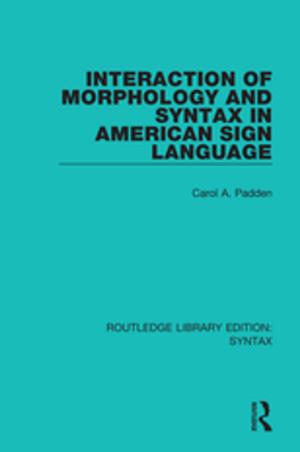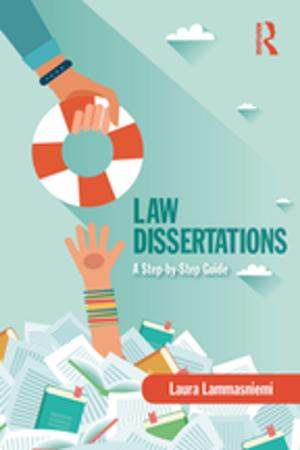Global Perspectives on Dissociative Disorders
Individual and Societal Oppression
Nonfiction, Social & Cultural Studies, Social Science| Author: | ISBN: | 9781134914647 | |
| Publisher: | Taylor and Francis | Publication: | April 8, 2016 |
| Imprint: | Routledge | Language: | English |
| Author: | |
| ISBN: | 9781134914647 |
| Publisher: | Taylor and Francis |
| Publication: | April 8, 2016 |
| Imprint: | Routledge |
| Language: | English |
Dissociative disorders are one of the psychiatric consequences of childhood psychological trauma. While oppression is an aspect of traumatic conditions, dissociation undermines resistance to oppression throughout a person’s lifespan. Neither oppression nor dissociation are restricted to particular cultures, and both can affect the individual as well as societies.
This collection engages with the universality of dissociative disorders and their close relationship to oppression. The chapters cover extreme examples such as ongoing incest in adulthood, children and adults forced to kill others, and abusive states in interrogation. Further subjects examined include the utilization of dissociation in postmodern societies to maintain oppression, the oppressive conditions of asylum seekers and the consequences of oppression as they are dealt with in psychotherapy. The final chapter considers how a paedophile pandering network employed multi-layered oppression to prevent the public becoming aware of the widespread and organised abuse of children.
This book will engender interactions between trauma investigators – those whose approach is close clinical observation, those who use instruments to survey groups of individuals, those whose research takes the form of investigative journalism, and those who examine the truth embedded or hidden in documents created for multiple, and at times, disturbing political purposes.
Portions of this book were originally published as a special issue of the Journal of Trauma & Dissociation. It also includes material from other sources.
Dissociative disorders are one of the psychiatric consequences of childhood psychological trauma. While oppression is an aspect of traumatic conditions, dissociation undermines resistance to oppression throughout a person’s lifespan. Neither oppression nor dissociation are restricted to particular cultures, and both can affect the individual as well as societies.
This collection engages with the universality of dissociative disorders and their close relationship to oppression. The chapters cover extreme examples such as ongoing incest in adulthood, children and adults forced to kill others, and abusive states in interrogation. Further subjects examined include the utilization of dissociation in postmodern societies to maintain oppression, the oppressive conditions of asylum seekers and the consequences of oppression as they are dealt with in psychotherapy. The final chapter considers how a paedophile pandering network employed multi-layered oppression to prevent the public becoming aware of the widespread and organised abuse of children.
This book will engender interactions between trauma investigators – those whose approach is close clinical observation, those who use instruments to survey groups of individuals, those whose research takes the form of investigative journalism, and those who examine the truth embedded or hidden in documents created for multiple, and at times, disturbing political purposes.
Portions of this book were originally published as a special issue of the Journal of Trauma & Dissociation. It also includes material from other sources.
